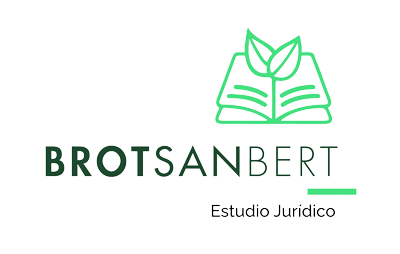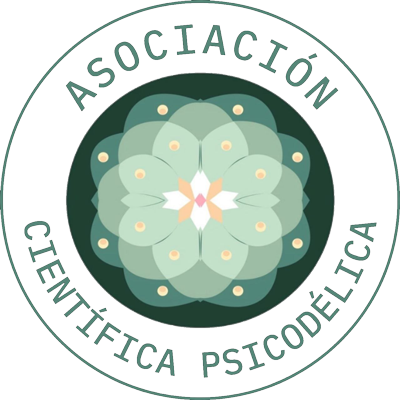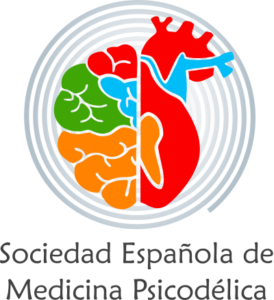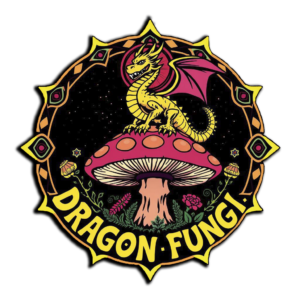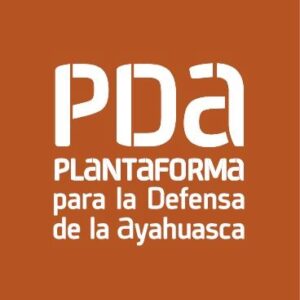
In a controversial decision, the U.S. Food and Drug Administration (FDA) has decided not to approve the therapeutic use of MDMA for the treatment of post-traumatic stress disorder (PTSD) and other psychiatric disorders. This decision represents a significant setback in the field of mental health, limiting the therapeutic options available to millions of people suffering from traumatic aftermaths worldwide. It also prolongs the trend of prohibition that has restricted research on these substances since the 1970s.
The FDA concluded that it could not approve the application based on current data and requested an additional Phase 3 study to further investigate the safety and efficacy of the drug. Lykos Therapeutics, the company that submitted the application, plans to request a meeting with the FDA to reconsider the decision and discuss recommendations for a new submission. Despite Phase 3 clinical trial results showing that 67% of participants who received MDMA-assisted therapy no longer met the diagnostic criteria for PTSD, compared to 32% of the placebo group, the FDA determined that more evidence was needed regarding the long-term safety and efficacy of the substance.
Reactions to the decision
Amy Emerson, CEO of Lykos, expressed disappointment at the request for a new study, highlighting the negative impact on millions of Americans with PTSD who may face more years without new treatment options. Despite this setback, Lykos will continue working to address the FDA’s concerns and will seek all possible regulatory avenues to advance this therapy.
Dr. Rick Doblin, founder and president of the Multidisciplinary Association for Psychedelic Studies (MAPS), stated, “MAPS and our supporters have been advocating for the development and supporting the FDA-approved research of MDMA-assisted therapy for more than 38 years; MAPS will continue working towards safe, legal access to this therapy for the more than 350 million people living with PTSD worldwide.”
“Our collective commitment to MDMA-assisted therapy remains unwavering. MAPS remains fully focused on supporting culturally appropriate research, rigorous science, and drug policy reform that empowers citizen advocacy in all areas of the world, including those with high incidences of trauma and limited resources,” adds Rick.
This week, a group of eighty members of the U.S. Congress, both Republicans and Democrats, urged the president and the FDA to consider approving MDMA-assisted therapy for treating PTSD, especially among veterans. This effort is due to the growing suicide crisis among veterans, with 6,000 annual deaths related to PTSD. The congressmen, led by figures such as Republican Representative Jack Bergman and Democratic Senator Michael Bennet, emphasized that if the data support the safety and efficacy of MDMA, this option should be offered to those who do not respond to conventional therapies.
In addition, another joint letter from 14 veterans’ organizations and more than 700 veterans emphasized the urgency of making this therapy accessible, believing it could be one of the most valuable tools ever developed to combat the epidemic of veteran suicides. These efforts reflect a critical moment in the search for innovative solutions to a deeply rooted mental health problem in society.
An effective treatment
MDMA, popularly known as “ecstasy,” was first mentioned in 1912 under the name “methylsafrylamine” and was patented by Merck as part of an alternative method to synthesize hydrastinine. The Dutch government has published a report confirming that MDMA is safe and effective for treating chronic and treatment-resistant PTSD. The document recommends facilitating the use of MDMA-assisted therapy due to the high need for PTSD treatments in the Netherlands. Meanwhile, the European Medicines Agency also published a comprehensive report on psychedelic therapies, highlighting the importance of collaboration and the creation of a multidisciplinary advisory body in Europe to address innovation in mental health.
The United States is currently experiencing a national PTSD crisis, with approximately 13 million people affected, including veterans and survivors of sexual and domestic abuse. Effective treatment options are limited, and 40% to 60% of patients do not achieve remission. The FDA has not approved a new treatment for PTSD in nearly 25 years, underscoring the urgency of finding innovative solutions, such as MDMA-assisted psychotherapy.
It is estimated that 3.9% of the world’s population has suffered from this condition at some point in their lives. In Spain, 72,963 cases were registered in 2022. The FDA’s decision represents a significant challenge for this population, which continues to wait for effective therapeutic options.
MDMA in Spain
While the United States faces this situation, Spain remembers the pioneering work with MDMA by Dr. José Carlos Bouso, now Scientific Director of ICEERS, who led research on the therapeutic use of this substance in women who had been victims of sexual assault twenty years ago. Although the trial was halted due to political pressure, his perseverance has significantly contributed to current knowledge. Bouso, along with other renowned figures in the global psychedelic community, will participate in Fuertedélica, highlighting the importance of continuing to advance in this still largely unexplored field.
Fuertedélica offers a platform to discuss the impacts of this new approval and share evidence-based knowledge. The conference will feature round tables and presentations by renowned figures in the use of MDMA and other psychedelics in therapeutic contexts. Raúl del Pino will explore the effects of MDMA on sex and emotional well-being, and Doctor X, the famous doctor of the dark web, will share his perspective on the recreational use of MDMA and its implications for public health.
The event will cover a wide range of topics, from clinical studies with psychedelics to ancestral medicine practices. Giorgio Samorini, a renowned ethnobotanist, will give a lecture on iboga cults in Equatorial Africa, while other round tables will address the use of ketamine and other psychedelics in mental health.
Fuertedélica not only provides a space for academic learning but also for recreation, connection, and collaboration. Attendees will be able to participate in hands-on activities, open discussions, and experiential workshops, fostering an environment of exchange and growth. Additionally, the event offers several sponsorship options with exclusive benefits, providing companies and organizations a unique opportunity to get involved and support advancements in the field of psychedelic therapies.
The FDA’s decision not to approve the therapeutic use of MDMA underscores the need to continue researching and exploring new avenues in psychedelic medicine, and Fuertedélica positions itself as a pivotal event to discuss these challenges and their implications. In the paradisiacal island of Fuerteventura, specialists and psychedelia enthusiasts will gather to share knowledge, experiences, and visions of a future beyond prohibition. Don’t miss the opportunity to be part of this transformative event.
Reserve your ticket at a reduced price before they sell out. See you at Fuertedélica!
Image: OpenAI (DALL-E).




